Winds of Change: Israel’s Political Landscape on October 14, 2025
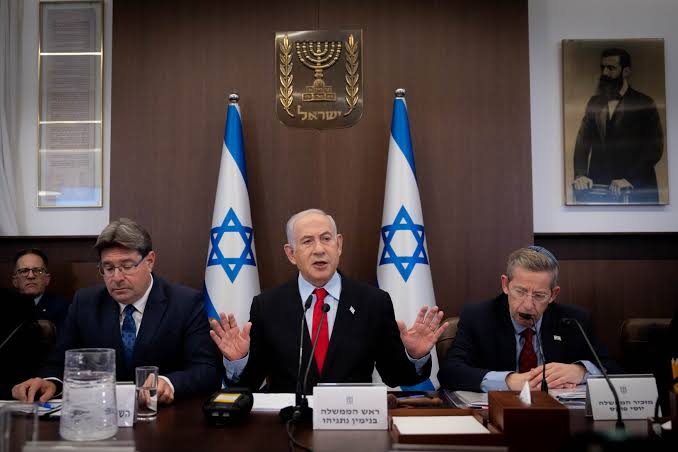
As the sun rises over the Mediterranean on this crisp autumn morning, Israel finds itself at a pivotal crossroads. Two years after the devastating Hamas attacks of October 7, 2023, the nation is basking in a fragile glow of relief: all living hostages have been freed, a hard-won ceasefire with Hamas is holding, and whispers of a broader regional peace—brokered in no small part by U.S. President Donald Trump—are growing louder. Yet beneath the celebrations in Hostage Square and the jubilant crowds in Khan Younis welcoming released Palestinian prisoners, political fault lines are deepening. Prime Minister Benjamin Netanyahu’s government teeters on the edge of collapse, public trust is eroded, and the specter of early elections looms large. This is Israel today: a democracy resilient yet raw, hopeful yet haunted.
The Ceasefire That Changed Everything
The past week has been nothing short of seismic. On October 9, after marathon negotiations in Sharm el-Sheikh mediated by Qatar, Israel and Hamas inked the first phase of a ceasefire deal. All 20 surviving hostages—abducted in the brutal assault that claimed 1,200 Israeli lives—were released into the custody of the Red Cross amid scenes of euphoric tears in Tel Aviv. In exchange, nearly 2,000 Palestinian prisoners, many held without trial, walked free, greeted by cheering throngs in the West Bank and Gaza. President Trump’s envoy, Steve Witkoff, addressed half a million Israelis in Tel Aviv, invoking biblical echoes: “It’s taken 3,000 years to get to this point, but it’s gonna hold.”
This isn’t just a pause in the fighting; it’s a lifeline. The agreement includes a 60-day halt to hostilities, increased humanitarian aid to Gaza, and phased Israeli withdrawals from parts of the Strip. Hamas, battered by 21 months of war that killed over 44,000 Palestinians (per Gaza’s Health Ministry) and displaced nearly the entire population, has signaled U.S. guarantees that “the war has ended indefinitely.” For Israelis, exhausted by reservist call-ups and economic strain, it’s a collective exhale. Polls show 64% now favor elections “as soon as the war is over,” a sentiment that has only intensified.
But euphoria is tempered by grief and skepticism. The deal came too late for the 31 hostages confirmed dead in captivity, and families like that of Israeli-American Edan Alexander, released after 720 days of torment, speak of “a living hell.” Netanyahu, who once vowed to “crush” Hamas, now faces accusations of prolonging the conflict for political survival—a charge echoed in a damning New York Times investigation detailing secret meetings and ignored intelligence. “The war was artificially prolonged,” one prominent Israeli commentator noted, “hostages suffered, some died—everything on the altar of political survival.”
Netanyahu’s Coalition: A House of Cards
Bibi’s 37th government, a patchwork of right-wing and ultra-Orthodox parties, entered 2025 as the most hawkish in Israel’s history. But the ceasefire has unraveled it. Otzma Yehudit (Jewish Power), led by the incendiary National Security Minister Itamar Ben-Gvir, withdrew in January over the deal’s terms, rejoined briefly, and now threatens to bolt again if Hamas isn’t eradicated post-release. United Torah Judaism (UTJ) and Shas, ultra-Orthodox factions, exited in July amid fury over a “watered-down” military draft bill that failed to fully exempt Haredi men—a flashpoint that’s dogged the coalition for months.
Today, Netanyahu clings to a razor-thin majority of 61 seats in the 120-member Knesset, propped up by Likud’s merger with Gideon Sa’ar’s New Hope in March. Finance Minister Bezalel Smotrich and Ben-Gvir, both far-right hardliners, demand annexation of the West Bank and reject any Palestinian state—positions now at odds with Trump’s push for normalization with Arab states. If they walk, the government falls, triggering elections by early 2026 at the latest, or sooner if opposition leader Yair Lapid forces a no-confidence vote.
Public anger is palpable. Daily protests in Jerusalem and Tel Aviv rail against Netanyahu’s “corruption trial delays” and perceived betrayal of October 7 victims’ families. The Histadrut labor federation has greenlit solidarity demos but stopped short of a general strike, signaling widespread war fatigue. On X, sentiments range from cautious optimism—”Against all odds, ‘Let My People Go’ has been answered”—to bitter recriminations: “This is Apartheid at its worst,” as Palestinian families fear reprisals for celebrating their released kin.
Emerging Players and the Election Horizon
With polls tilting toward the center-left, the opposition is regrouping. Benny Gantz’s National Unity Party, which bolted from the emergency wartime cabinet in June 2024, is polling strongly alongside Yair Lapid’s Yesh Atid. Naftali Bennett, the ex-PM who registered “Bennett 2026” in April, hints at a comeback, while new outfits like Yoaz Hendel’s Reservists Party (launched August 2025) and the Jewish-Arab “Beyachad Natzliach” alliance tap into war-weary voters craving unity.
On the right, fractures abound. The Religious Zionist Party and Otzma Yehudit, once unified, now eye post-ceasefire land grabs, but their ideological purity clashes with Trump’s pragmatic diplomacy. Ultra-Orthodox parties, representing a demographic boom (Haredim now 13% of Israelis), prioritize exemptions over expansionism, further complicating coalitions.
Internationally, Israel’s isolation is easing but not erased. Trump’s “Midnight Hammer” operation against Iran in June—a 12-day war that bolstered Netanyahu’s image—paved the way for this deal, but U.S. public opinion has soured, with growing Democratic calls for conditioning aid on human rights. In Europe, Belgium’s thwarted terror plot targeting PM Bart De Wever underscores lingering threats. And while Indonesia barred Israeli gymnasts from the 2025 World Championships, the UN’s two-state push gains traction.
A Reckoning Deferred?
Israelis are grappling with a profound question: Has the ceasefire closed the October 7 wound, or merely stanched the bleeding? The Mossad’s “pager operation” against Hezbollah restored some deterrence lost that fateful day, but reports of detainee abuses—amputations without anesthesia, sexual violence—cast a long shadow over Israel’s moral standing. As one analyst put it, “Public anger over the war’s handling, Israel’s international isolation, and deep domestic divisions are reshaping the political landscape.”
In Hostage Square tonight, families light candles not just for the returned, but for the future. Netanyahu is trapped—between Trump’s Arab allies and his own far-right flank, between street protests and survival instincts. If elections come soon, as many predict, they could herald a centrist pivot toward peace talks, or entrench the hardliners’ grip amid demographic shifts favoring the religious right.
For now, Israel breathes. The Knesset, lit in American colors last week, symbolizes a transatlantic lifeline. But true stability demands more than deals—it requires a reckoning with the ghosts of October 7, the scars of Gaza, and the unhealed divides at home. As Trump quipped in Cairo, echoing ancient history, the path ahead is long. Will Israel walk it toward unity, or stumble into the abyss?














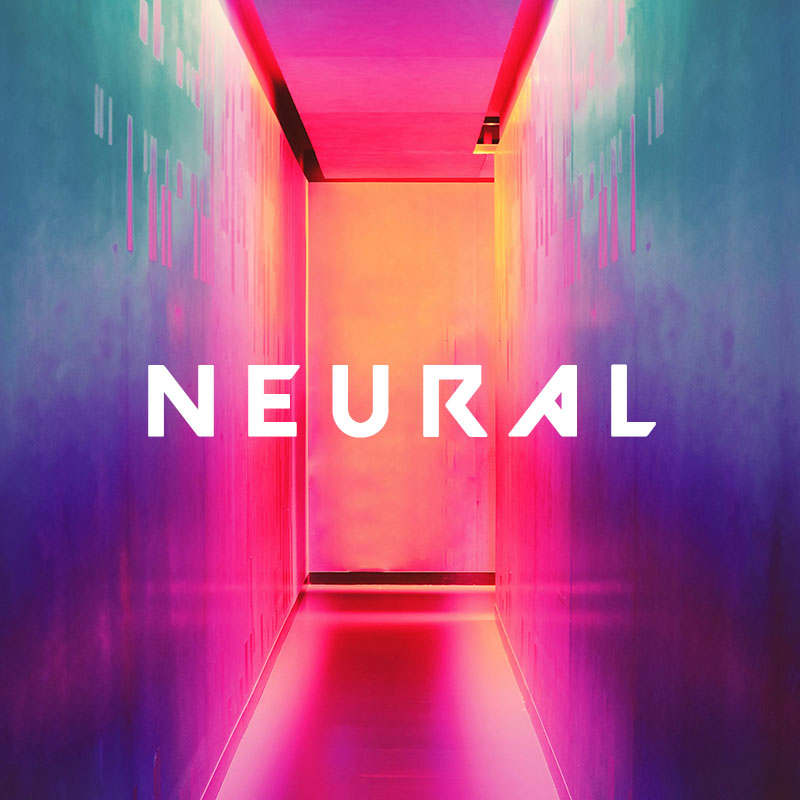
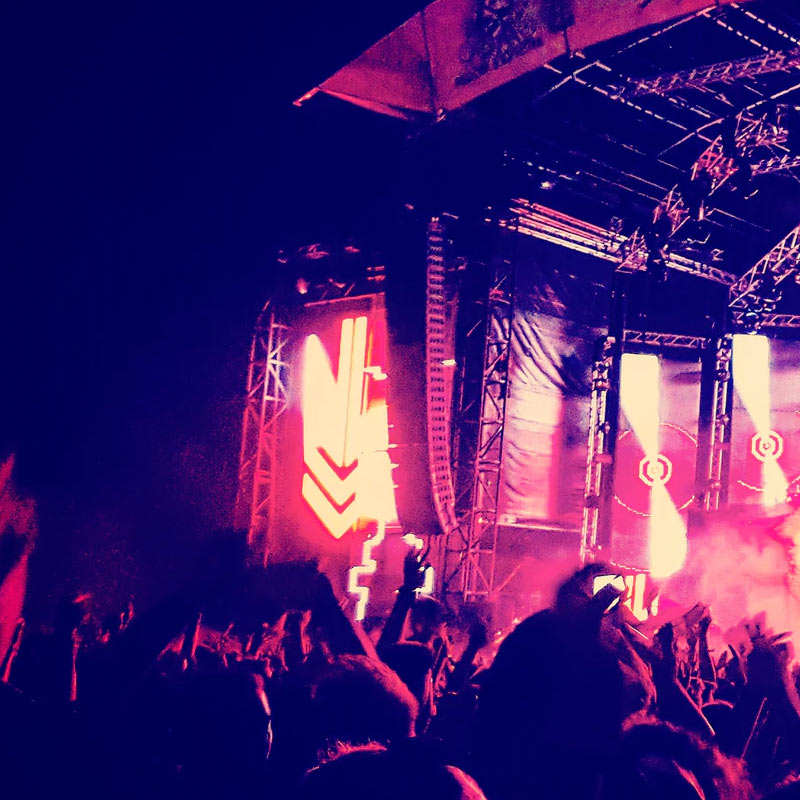
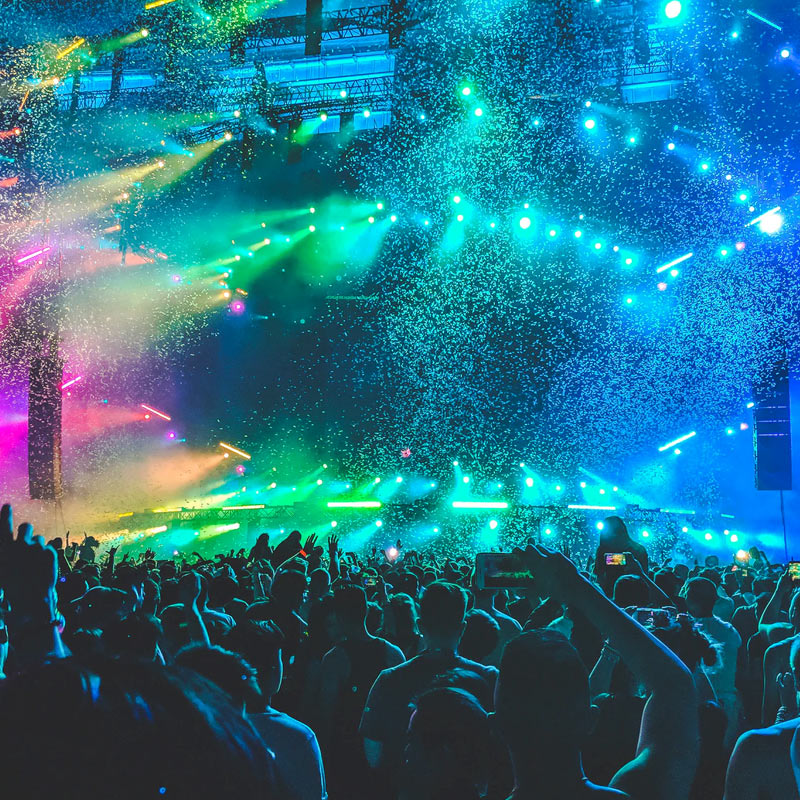
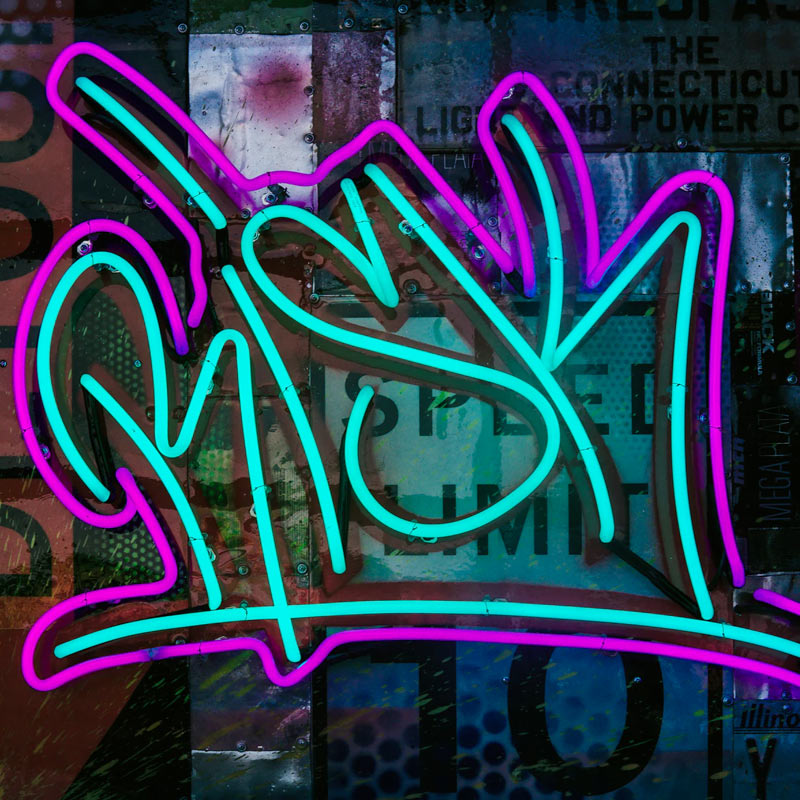
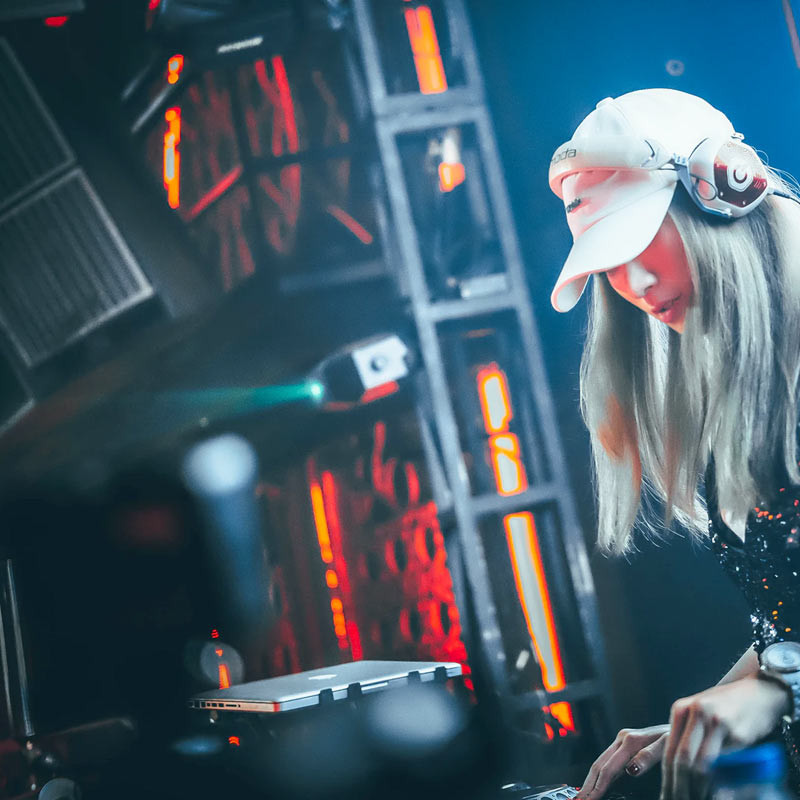






Comments
This post currently has no comments.